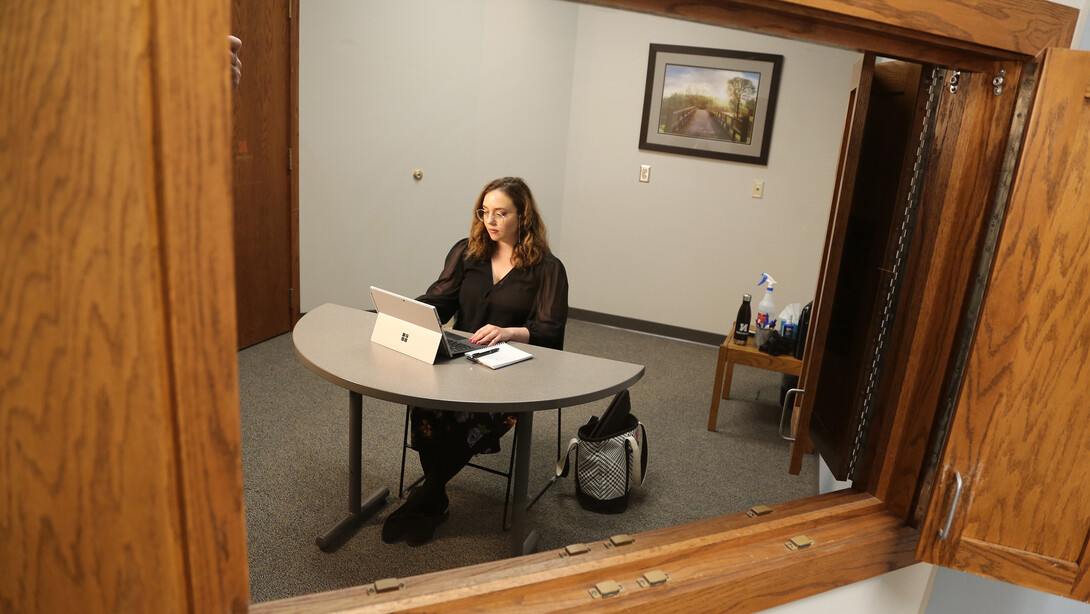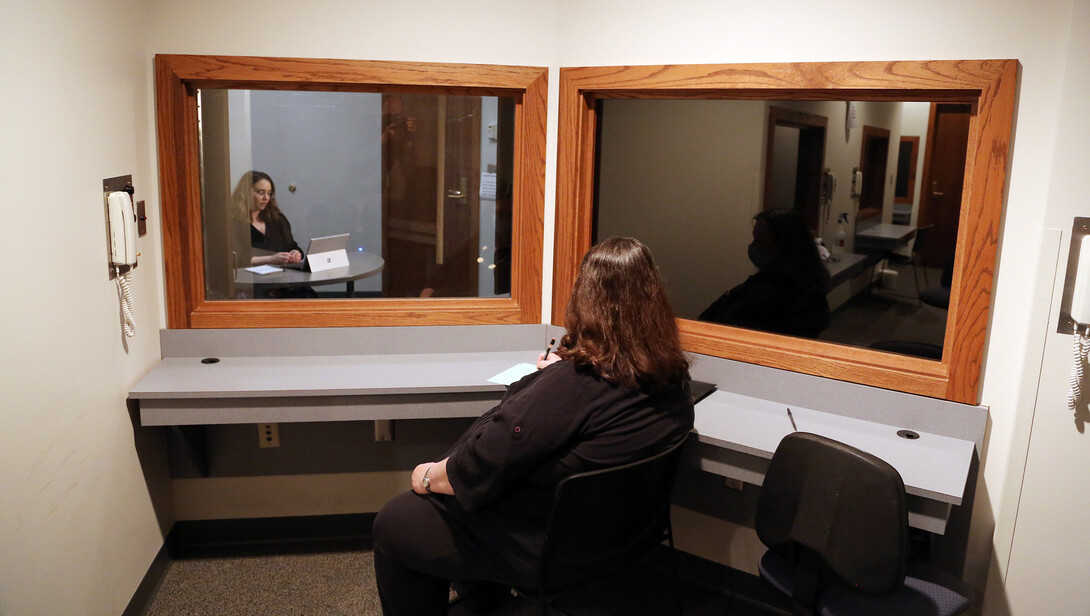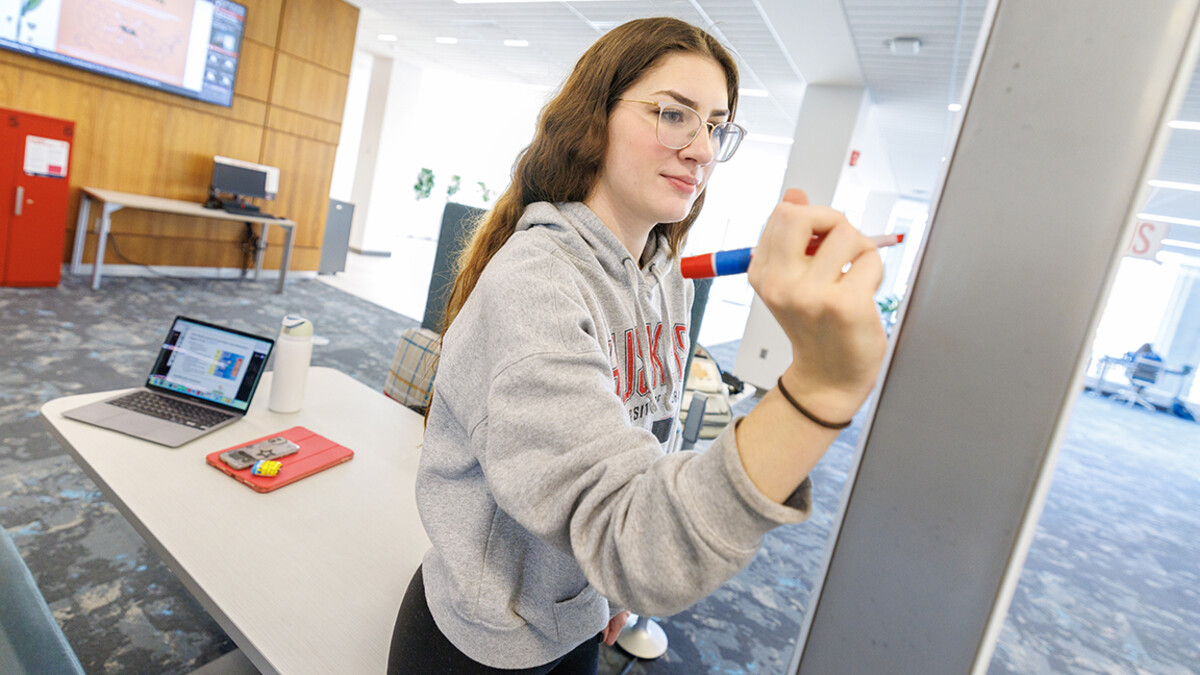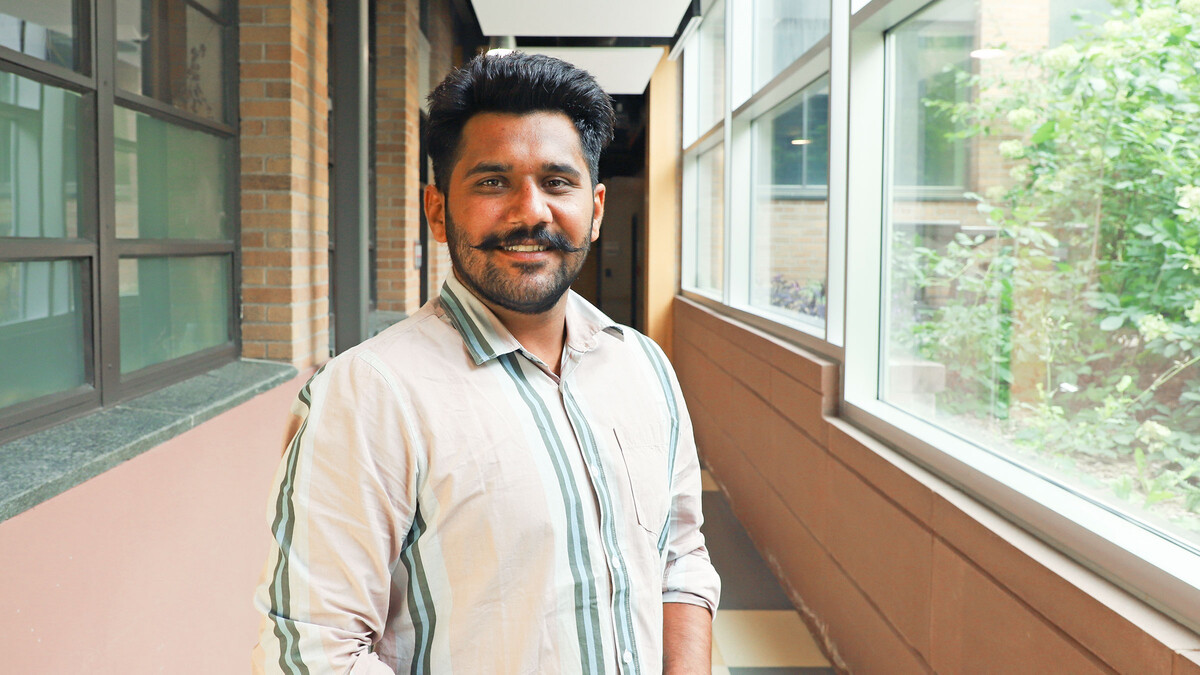
Like most mental health service providers, the University of Nebraska–Lincoln’s Psychological Consultation Center made the switch to telehealth services during the COVID-19 pandemic, and found success for both students and clients.
The center, which provides high-quality mental health services to the community and clinical training for students pursuing a career in psychological counseling, moved all of its services onto a telehealth platform in March 2020.
Deb Hope, Aaron Douglas Professor of psychology and faculty clinic supervisor, said the center was well-positioned for the change, thanks to prior telehealth work that had been done.
“In the year or two leading up to the pandemic, our clinical psychology training program in the Psychological Consultation Center had started to do some telehealth because it allows us to serve people outside of Lincoln,” she said. “Telehealth worked well.”
The biggest challenge was scaling up what they were already doing, said Corrie Davies, director of the clinic.
“It was helpful that we already had telehealth, but we had to train 22 students on best practices and protocols, and new ways to communicate with clients since we couldn’t be face to face,” Davies said. “We also had to pivot on how we could provide supervision remotely, record keeping — those kinds of things we didn’t previously have protocols for, and so we had to set up work-from-home procedures very quickly.”
The trainings and realignment to telehealth took about a week, Davies said, so client services were relatively uninterrupted.
“I think it made our clients feel reassured, that they weren’t losing their services,” Davies said.
Over the past year, the clinic’s students have continued to receive telehealth training and supervision, and have learned the ins and outs of counseling through remote platforms.
“The transition was challenging,” Brenna Lash, a graduate student, said. “I think that doing clinical work in person, as opposed to doing it over telehealth, is a completely different experience, but I think it offered a lot of opportunity for new kinds of clinical training that most people don’t really get to experience unless they’re particularly looking for it.”
Lash, who was doing in-person counseling training prior to the pandemic, said she will likely use telehealth services in her future career.
“I’m actually really grateful that I’ve had this training opportunity to do telehealth now because my clinical interests are with LGBT communities, specifically with transgender communities,” Lash said. “And I do know that for many transgender individuals, and people who identify as gender diverse, it can be hard — especially in a rural area — to find a provider who is able to provide good care.”
Davies said the clinic is still using telehealth exclusively, but she hopes that soon, students will be able to meet with clients in-person. Telehealth will still be utilized, as well.
“We’re looking at how we can adjust our clinic procedures, while also following CDC, campus and local health guidelines,” she said.

Hope said she’s excited for students to have that in-person experience again.
“I’m eager for the point at which they can see people in person, because we have a current cohort who have never seen people in person,” Hope said. “Their whole training experience has been telehealth.
“I think that a lot of clients are eager to get back to in-person services, too. You can do most of the things you need to do on telehealth, but some people don’t have access to good technology. Some people need to get out of their house and have space with their therapist because they can’t get the privacy they need at home. Some people just prefer the face-to-face relationship.”
Despite the inherent challenges of switching so quickly, the pivot to telehealth will benefit students — and communities — in the future.
“We’re going to have a whole new generation of therapists, all of whom have had this experience and will be able to use it,” Hope said. “I think that will provide services for a lot of people who couldn’t access it before.”







